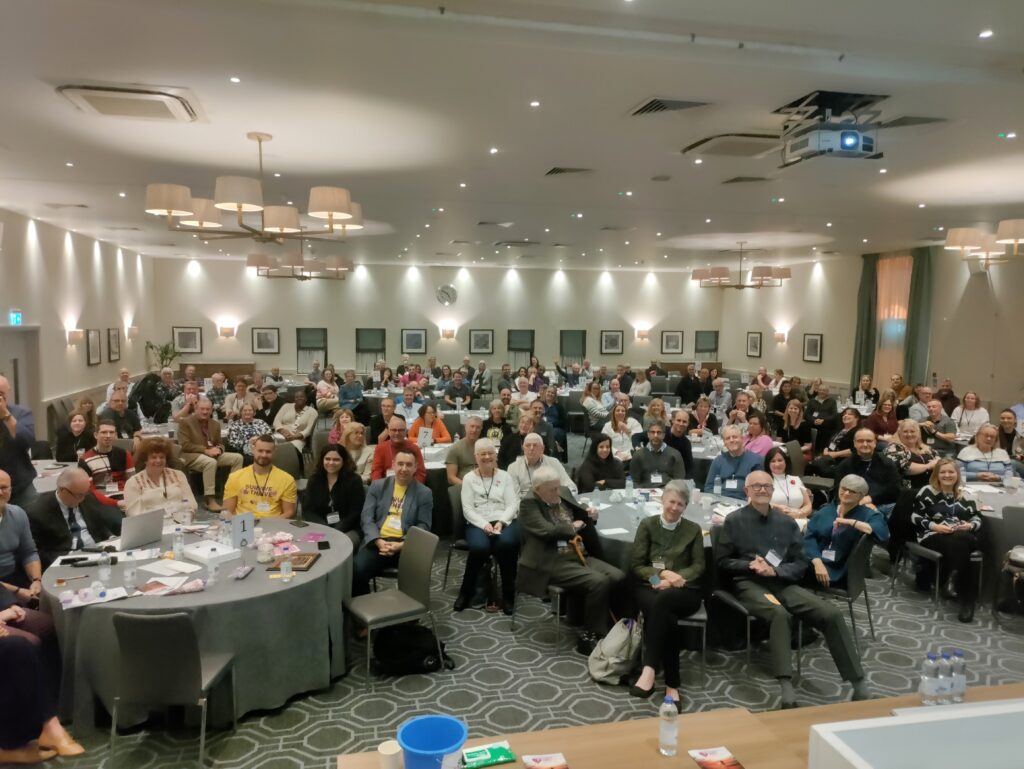Question: How do I cope with the cognitive aftermath of my cardiac arrest when my concerns about brain injury are often dismissed?
As a cardiac arrest survivor, you may find yourself grappling with not just the physical ramifications of your ordeal but also the often overlooked cognitive challenges that accompany it. It’s not uncommon for survivors to feel sidelined when they attempt to address the impact of their brain injury post-cardiac arrest, only to have their concerns brushed aside or redirected. So, how can you navigate this journey of cognitive recovery when it feels like your struggles are not being acknowledged?
Unveiling the Unseen Battle: The Cognitive Impact of Cardiac Arrest

When we talk about cardiac arrest, the focus primarily lies on the immediate life-saving measures and physical rehabilitation post-event. However, what often goes unnoticed is the toll it can take on the brain. During a cardiac arrest, the brain is deprived of oxygen-rich blood, leading to potential damage and cognitive impairments. This can manifest as difficulties with memory, concentration, word retrieval, and overall cognitive function – a phenomenon commonly referred to as “brain fog.”
Breaking the Silence: Addressing Dismissal of Cognitive Concerns

It’s disheartening to share your struggles, only to feel like they’re not being taken seriously. Many survivors report feeling invalidated or dismissed when they try to discuss their cognitive challenges with healthcare professionals or even loved ones. This dismissal can exacerbate feelings of isolation and frustration, hindering the recovery process.
Finding Support and Validation: Advocating for Yourself

Despite the setbacks, it’s crucial to advocate for yourself and your cognitive well-being. Here are some steps you can take to address the dismissal of your concerns:
- Seeking Understanding Professionals: Don’t hesitate to change doctors or healthcare providers if you feel your concerns are not being adequately addressed. Look for professionals who listen attentively and demonstrate genuine concern for your cognitive recovery.
- Educating Yourself: Arm yourself with knowledge about the cognitive effects of cardiac arrest. Understanding the science behind your symptoms can empower you to advocate for appropriate support and interventions.
- Joining Support Groups: Connect with other cardiac arrest survivors who have experienced similar cognitive challenges. Sharing your experiences in a supportive environment can provide validation and practical coping strategies.
- Utilising Rehabilitation Services: Explore cognitive rehabilitation programs tailored to individuals recovering from brain injuries. These services can offer specialised interventions to improve memory, attention, and overall cognitive function.
Embracing Cognitive Rehabilitation: Strategies for Recovery

Recovery from cognitive impairment post-cardiac arrest is a gradual process that requires patience, perseverance, and the right interventions. Here are some strategies to help you navigate this journey:
- Engage in Brain-Stimulating Activities: Just as physical therapy is essential for restoring bodily function, cognitive exercises are crucial for rebuilding neural pathways and enhancing cognitive abilities. Consider activities such as puzzles, word games, and memory exercises to keep your brain active and challenged.
- Practice Mindfulness and Stress Management: Stress can exacerbate cognitive difficulties, so incorporating mindfulness techniques and stress management strategies into your daily routine can be beneficial. Activities such as meditation, deep breathing exercises, and relaxation techniques can help alleviate stress and improve cognitive function.
- Prioritise Sleep and Nutrition: Adequate sleep and a balanced diet are fundamental for optimal brain function and recovery. Ensure you’re getting enough restorative sleep and nourishing your body with nutrient-rich foods that support brain health.
- Stay Active and Socially Connected: Physical activity and social engagement are not only beneficial for your overall well-being but also for cognitive function. Aim to incorporate regular exercise into your routine and maintain social connections with friends and loved ones to stimulate your brain and combat feelings of isolation.
Your Journey to Cognitive Wellness

Navigating the cognitive aftermath of cardiac arrest can feel like an uphill battle, especially when your concerns are overlooked or dismissed. However, by advocating for yourself, seeking appropriate support, and embracing cognitive rehabilitation strategies, you can embark on a path towards cognitive wellness and reclaiming your mental clarity. Remember, you’re not alone in this journey, and with perseverance and determination, you can overcome the challenges and thrive post-cardiac arrest.
Remember, your cognitive well-being matters, and by speaking up and seeking support, you can pave the way for a brighter and more fulfilling future.
Stay resilient, stay hopeful, and keep moving forward.

After our first meet-up in February 2015, I realised I was not alone. It was the first time since my cardiac arrest the previous year that I had spoken face-to-face with someone who had experienced what I had. This was also true for my wife, who also happened to be my lifesaver. From that meet-up, the idea of SCA UK was born. Since then, we have achieved a considerable amount, primarily providing information, resources and support to others in a similar situation but also raising the profile of survivorship and the need for better post-discharge care. We are starting to get traction in this, and with the formation of the charity, I genuinely believe we have a bright future ahead and will make a significant difference in the lives of many who join our ranks.

